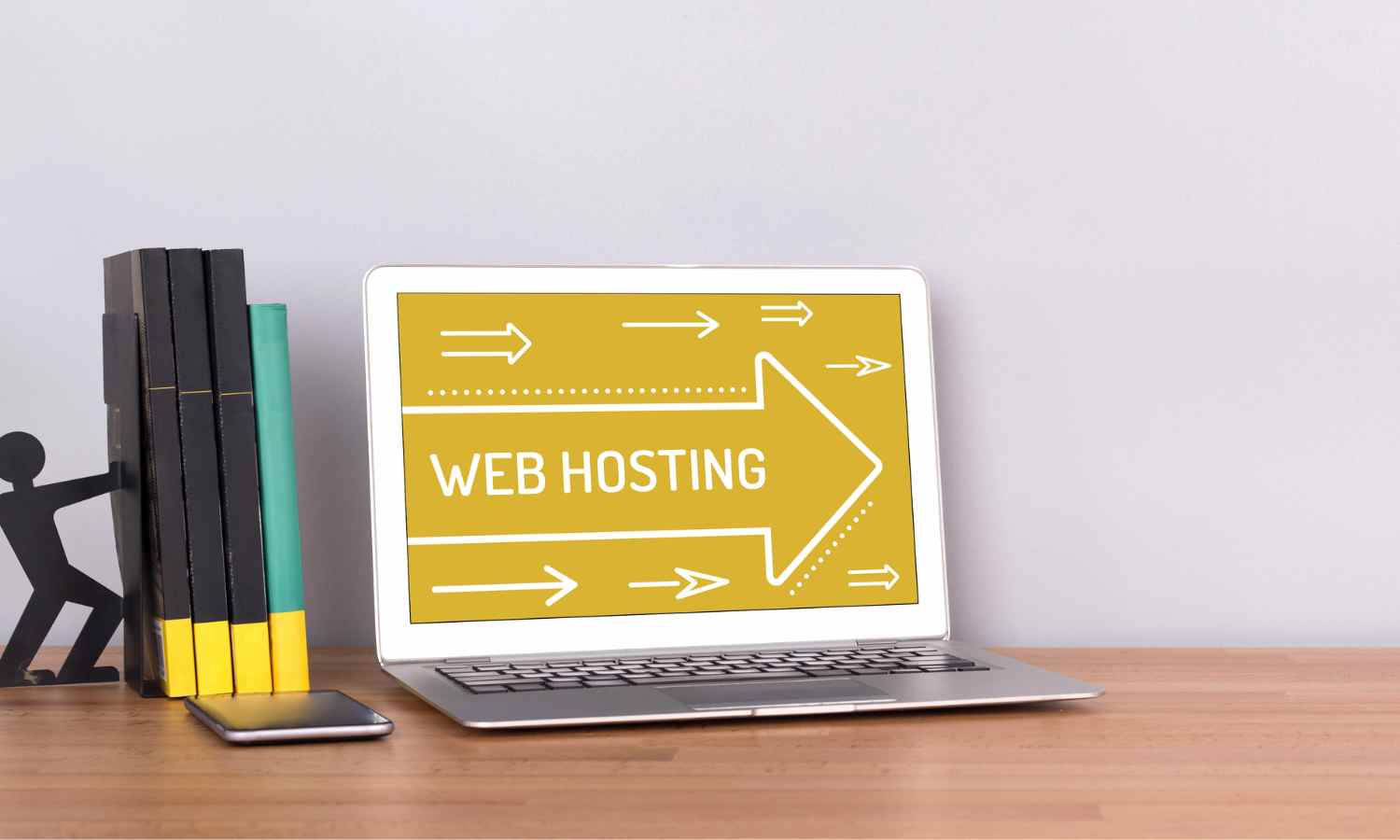
Weighing the Pros and Cons of Free Hosting: Is it Right for You?
The world of website hosting is rife with choices, from premium hosting services to free options. But how do you determine the best choice for your needs? In this blog post, we’ll explore the pros and cons of free hosting to help you decide whether it’s the right fit for your website project.
Pros of Free Hosting:
- Cost-effective: The most obvious advantage of free hosting is that it doesn’t cost you a penny. This makes it an attractive option for individuals or small businesses on a tight budget who want to establish an online presence without breaking the bank.
- Easy to set up: Many free hosting providers offer user-friendly website builders and one-click installations of popular content management systems (CMS) like WordPress and Joomla. This allows even those with limited technical skills to create and manage a website with relative ease.
- Low commitment: Free hosting is a great way to test the waters and experiment with your website without any financial risk. If your project doesn’t pan out or you decide to move to a different hosting platform, you can easily do so without incurring any monetary loss.

What Are the Cons?
- Limited resources: One of the most significant drawbacks of free hosting is the restricted resources you’ll have at your disposal. Bandwidth, storage space, and processing power are often limited, which can lead to slow website loading times, especially as your site grows and attracts more visitors. This can negatively impact your user experience and search engine rankings.
- Advertisements: To offset their costs, free hosting providers often display ads on your website. These ads can be intrusive and may not align with your site’s content or your brand image. Unfortunately, with free hosting, you have little control over the ads that appear on your site.
- Lack of features and support: Free hosting services generally offer fewer features than paid hosting plans. For example, you may not have access to custom domain names, email accounts, or SSL certificates. Additionally, customer support may be limited or non-existent, making it difficult to get help when you need it.
- Unreliable uptime: Free hosting providers may not guarantee the uptime of your website, meaning your site could experience frequent downtime or slow loading times. This can lead to a poor user experience and ultimately harm your online reputation.
- Potential for provider shutdown: There’s always a risk that a free hosting provider may shut down without notice, taking your website and content with them. This can be disastrous if you haven’t been diligent about backing up your data.
The pros and cons of free hosting make it clear that it’s not a one-size-fits-all solution. While free hosting can be a cost-effective option for those just starting out or working with a tight budget, the limitations in resources, features, and reliability may prove to be a hindrance as your website grows. If you’re looking to start a blog for the first time and just want to get it off the ground, it can be a good option because you can then migrate the content to a fully hosted site with more whistles and bells.
Before choosing a free hosting provider, carefully consider your website’s needs, both short-term and long-term. If you’re serious about building an online presence, it may be worth investing in a paid hosting plan that offers better performance, more features, and a higher level of support.
Ultimately, the choice between free and paid hosting depends on your unique circumstances and goals. By weighing the pros and cons, you can make a well-informed decision that sets your website up for success.

